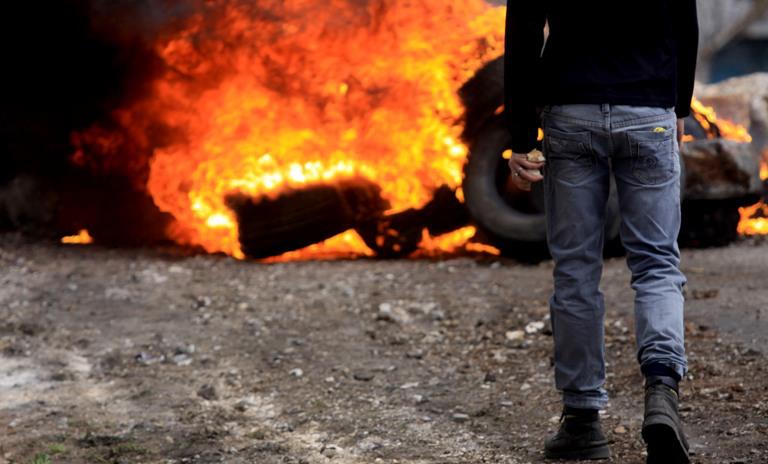Tag: Hunger strike
-
Wife of kidnapped Palestinian engineer Dirar Abu Sisi holds Gaza press conference
27th August 2013 | International Solidarity Movement, Gaza Team | Gaza, Occupied Palestine Yesterday Veronika Abu Sisi, the wife of Palestinian electrical engineer Dirar Abu Sisi, spoke with media and supporters in the Gaza Strip to denounce the international kidnapping, summary detention and solitary confinement of her husband. “We won’t give up until Dirar Abu Sisi…
-
“We are not terrorists, we are only resisting the occupation”
Nine on hunger strike in solidarity with prisoners 22 February 2013| International Solidarity Movement, Hebron, Occupied Palestine Nine Palestinians from Hebron, mostly family members of hunger-striking prisoners, are continuing their hunger strike to express support for, and raise awareness of, the plight of Palestinian political prisoners. They began their strike last Saturday, and gained much…
-
Protests spread to every city for hunger striking prisoners
22 February 2013 | International Solidarity Movement, Occupied West Bank, Palestine Palestinians demanding the release of all political prisoners and especially hunger-striking prisoners confront the Israeli army through out the West Bank and east Jerusalem on Friday. The Huwwara checkpoint near Nablus saw around 300 people protesting, in solidarity with the hunger strikers. There were…


